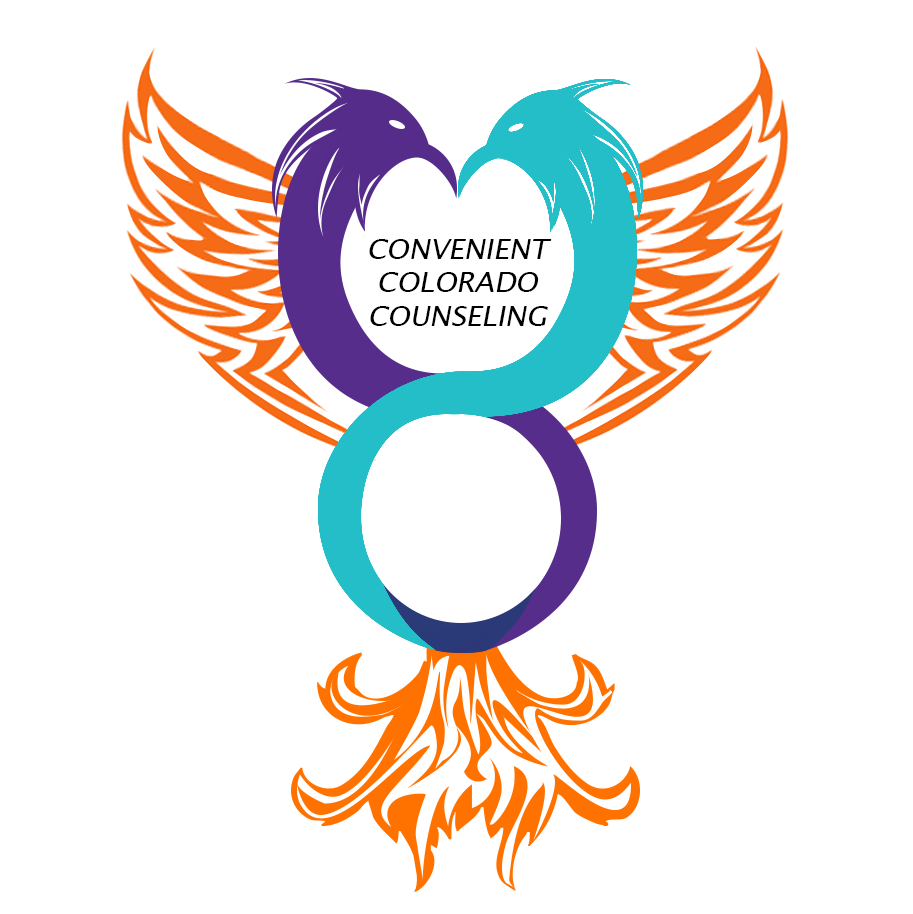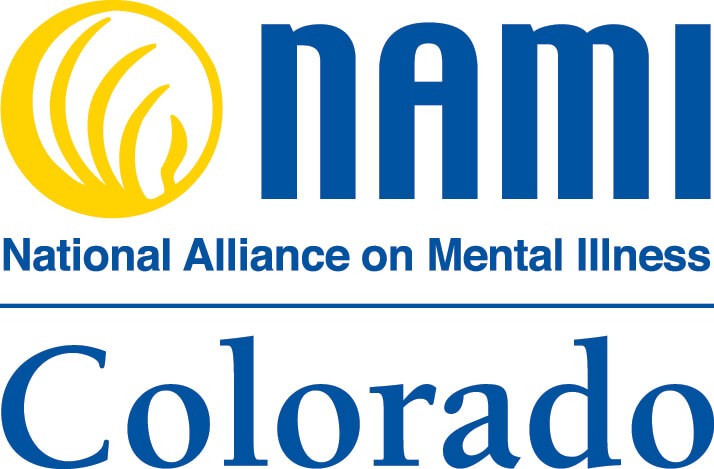online anxiety therapy
Everyone in their lives, at some point, experiences feelings of anxiety. Whether you’re nervous about a work meeting or feel anxious to confront a family member, there’s many situations that spark anxiety. As a response to stress, anxiety creates a state of worry or apprehension.
While it’s not uncommon to feel anxious, frequently experiencing anxiety can lead to developing an anxiety disorder. Anxiety can cause both physical and mental health symptoms. For example, when you feel anxious, you may notice your heart racing, difficulty breathing, or even muscle spasms.
As an online counselor, I aim to help you learn healthy ways to respond to anxiety-inducing situations. Convenient Colorado Counseling will help you learn the tools to healthily react to external situations so you can live a more balanced and fulfilling life.
what causes anxiety?

chemical imbalances
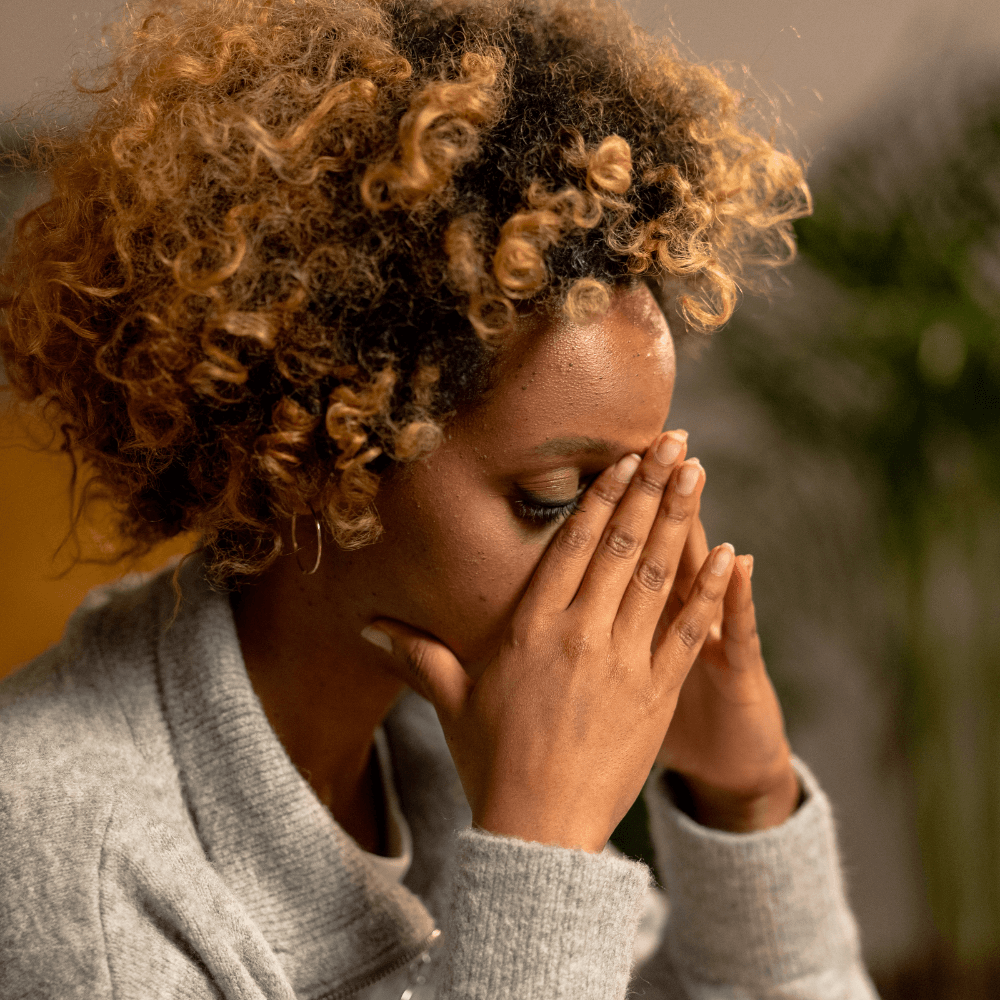
environmental factors
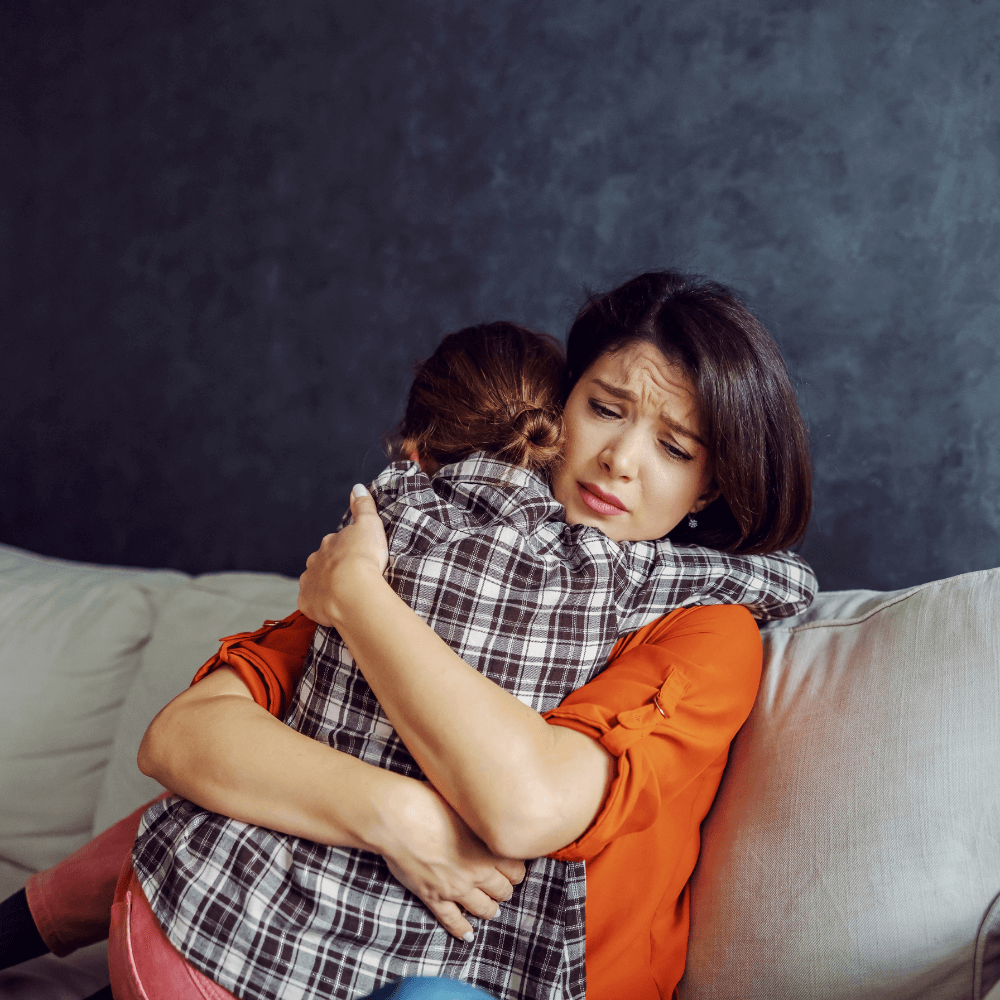
heredity
types of anxiety disorders
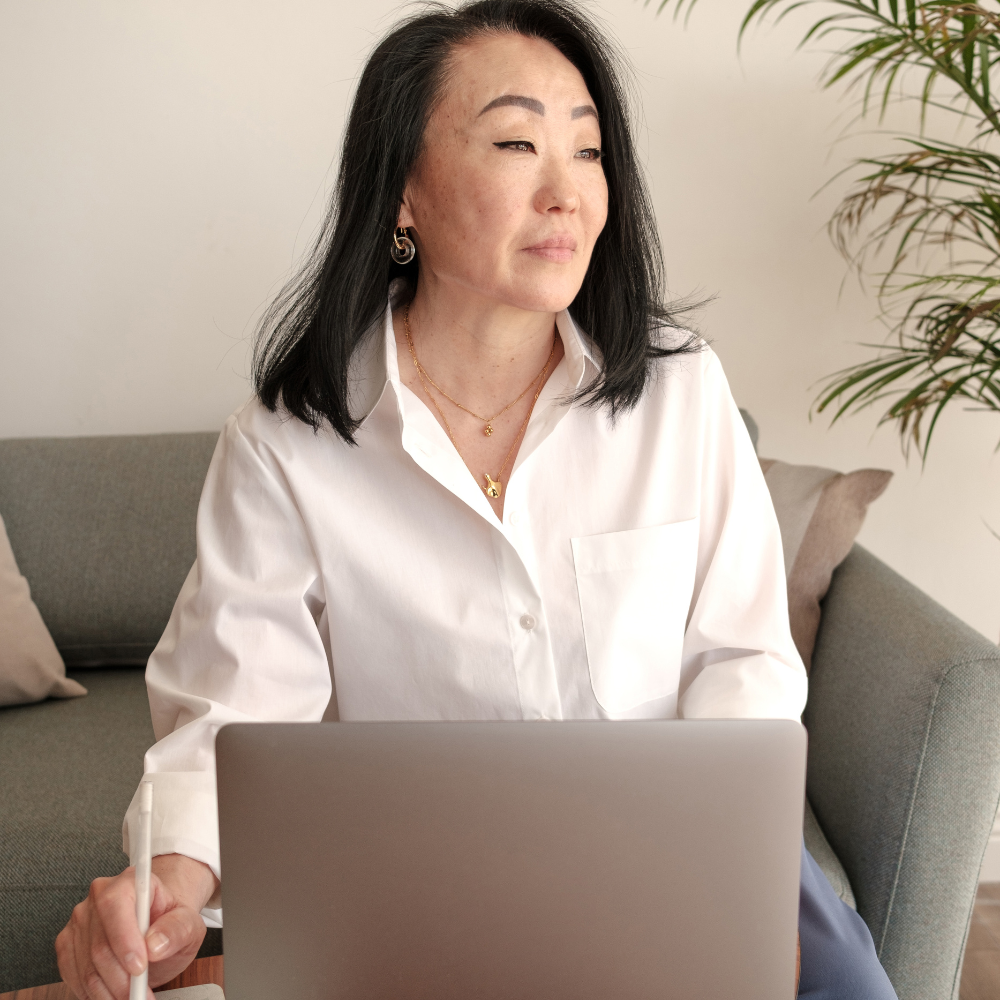
Generalized Anxiety Disorder (GAD)
People with GAD experience chronic anxiety, and it doesn’t necessarily need to be triggered by a specific stimulus or event. Individuals with GAD may suddenly experience anxiety symptoms, even though nothing provokes it.

Obsessive Compulsive Disorder (OCD)
Those with OCD take part in repetitive behaviors to get rid of their obsessive thoughts. Common OCD behaviors include excessive hand washing and counting. Unfortunately, these actions only offer short-term relief.
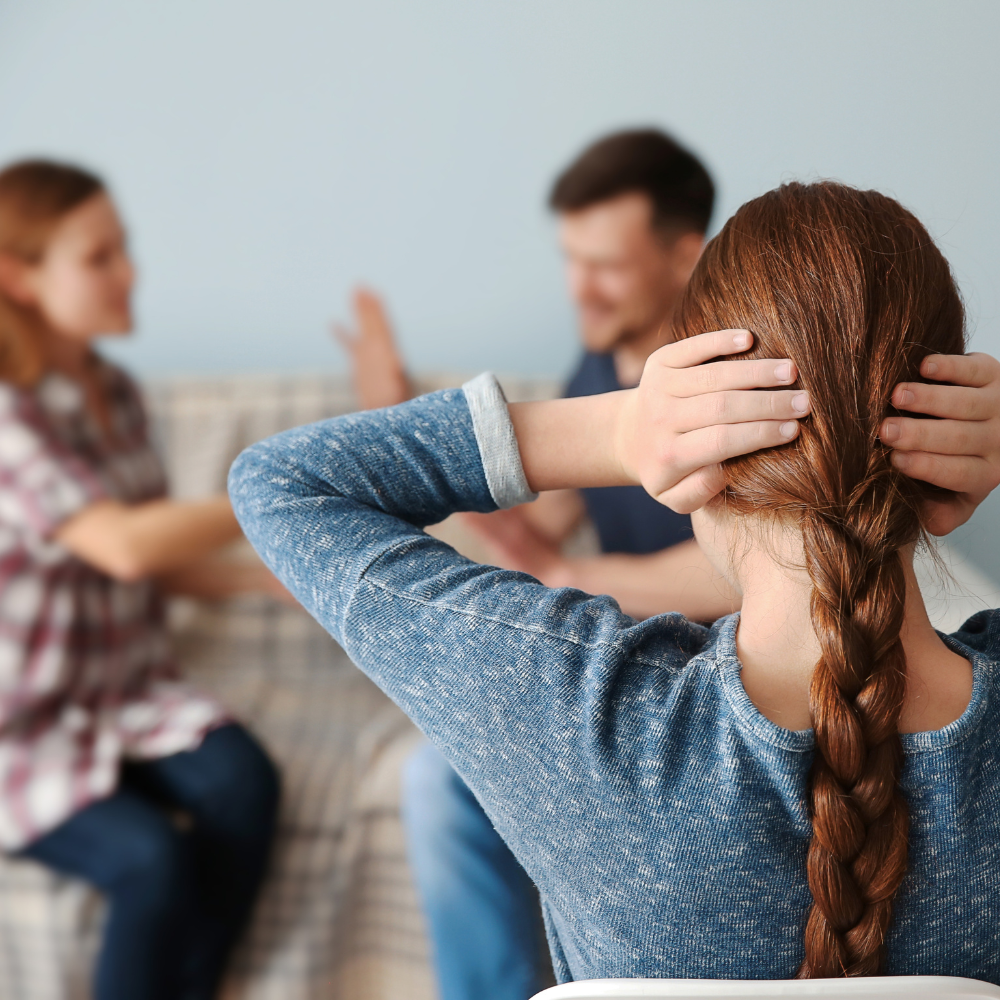
Panic Disorder
If you have a panic disorder, you often experience intense episodes of fear. Your fear may come out of nowhere or occur because of a specific stimulus. You may experience your heart racing, excessive sweating, and difficulty breathing.

Social Anxiety Disorder
Also known as “social phobia,” people suffering from this disorder often experience a lot of self-consciousness. Social phobia can be generalized where you’re afraid to be around people at all, or it can be related to a single event, like public speaking.
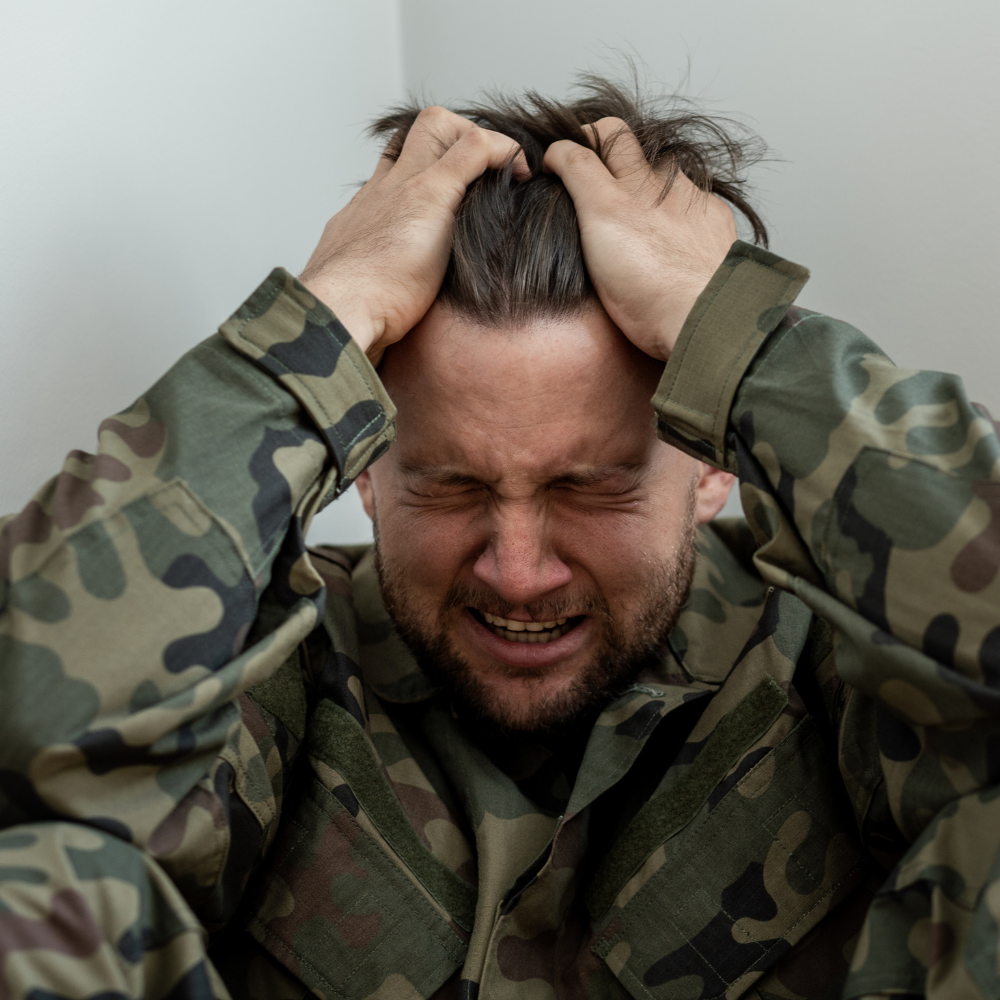
Post Traumatic Stress Disorder (PTSD)
PTSD forms as a response to a traumatic event. Symptoms of PTSD include nightmares, headaches, memory loss, anger, and intrusive memories. Often, soldiers develop PTSD after being at war for an extensive time.
Physical Symptoms of Anxiety
In addition to how anxiety makes you feel mentally, it can cause physical changes. Some of the physical symptoms of anxiety include:
- Dizziness
- Tiredness
- Weakness
- Irregular Heartbeat
- Muscles Aches
- Trembling or Shaking
- Dry Mouth
- Excessive Sweating
- Shortness of Breath
- Insomnia
- Headaches
- Stomach Aches
- Trouble Concentrating
- Tension
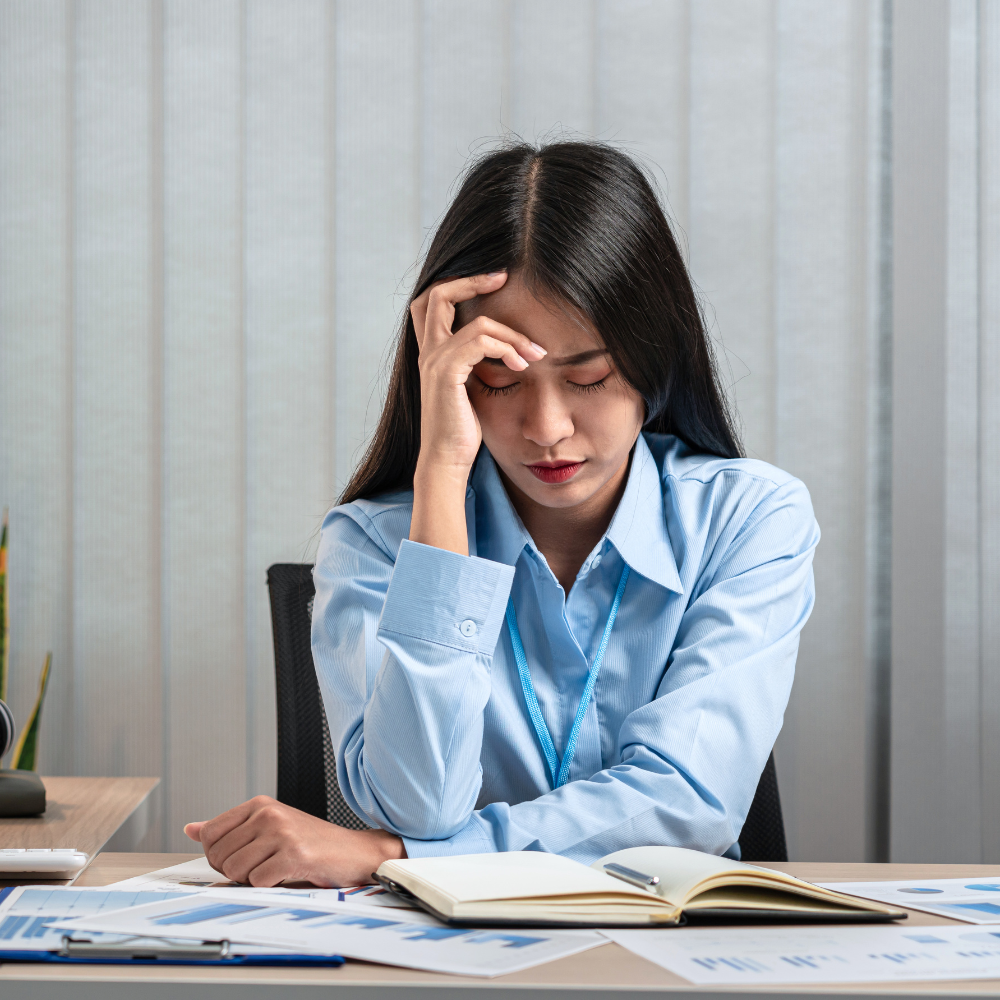
Panic disorders cause intense panic attacks. The feelings of a panic attack can be very similar to that of a heart attack. While enduring a panic attack, you may experience heart palpitations, excessive sweating, chest pain, and a feeling of chocking.
Anxiety therapy is not a one-size-fits-all approach because each individual’s experience with anxiety is unique and different. Some of the therapy options available include Cognitive Behavioral Therapy (CBT), Dialectical Behavior Therapy, Exposure Therapy, Interpersonal Therapy, and Eye Movement Desensitization and Reprocessing.
Deal With Your Anxiety In A Healthy Way
One of the best ways to deal with anxiety and the feeling of fear is by talking with a counselor to help you explore your emotions. At Convenient Colorado Counseling, I offer online therapy services to work toward reducing your anxiety and helping you form ways of coping with difficult situations.
During our therapy sessions, we’ll identify thought patterns and behaviors that lead to you feeling anxious or experiencing anxious thoughts. My goal is to offer emotional support and create treatment plans that provide long-term solutions to help you feel in control of your life. Together, we’ll tackle the causes and symptoms of your anxiety. Please schedule an appointment with me to take the first step in treating your anxiety.

